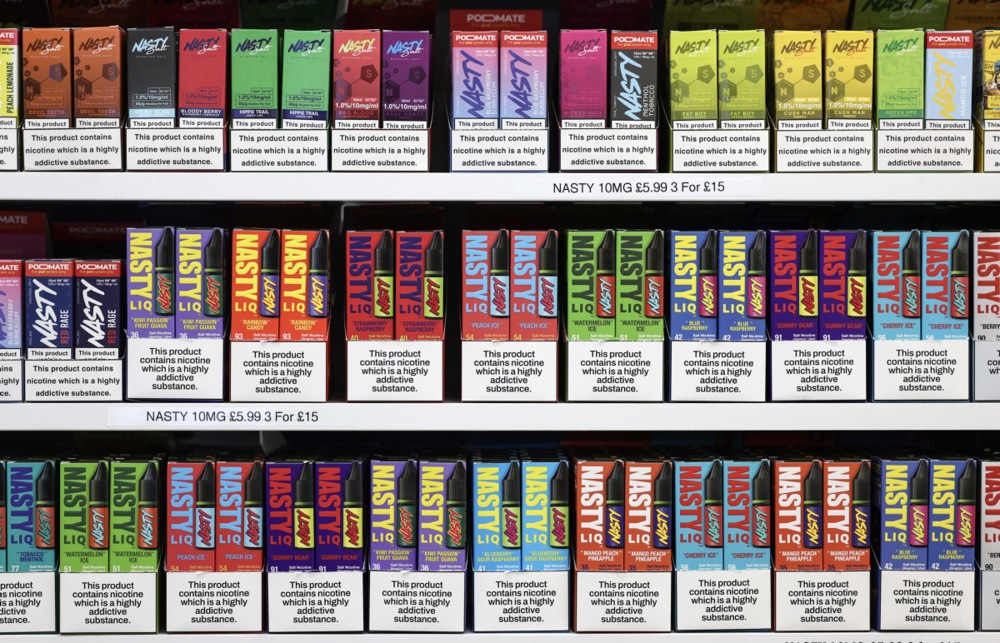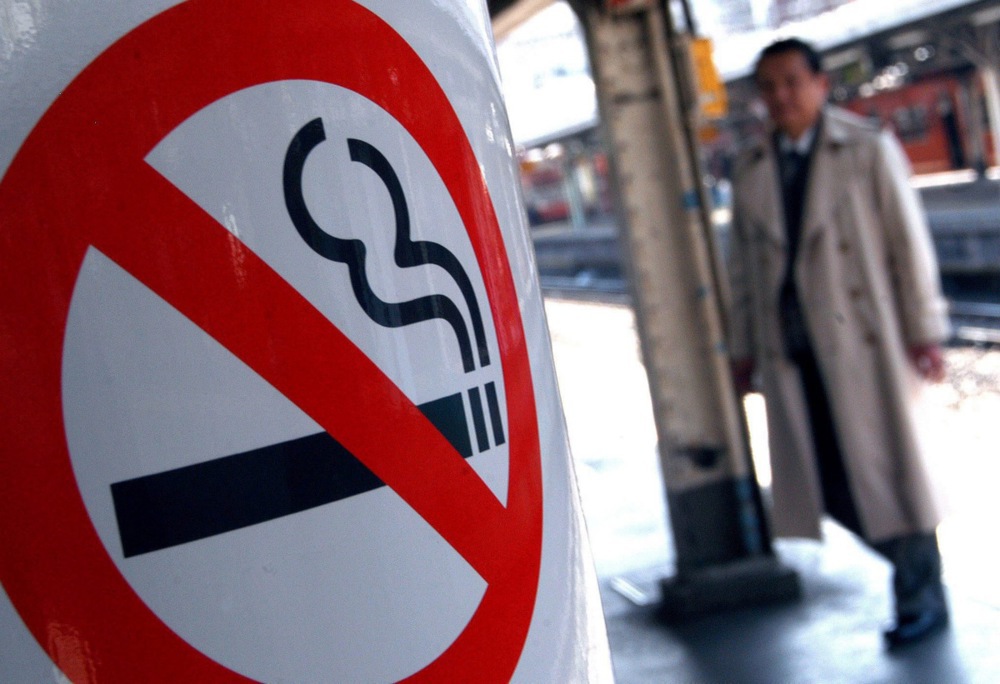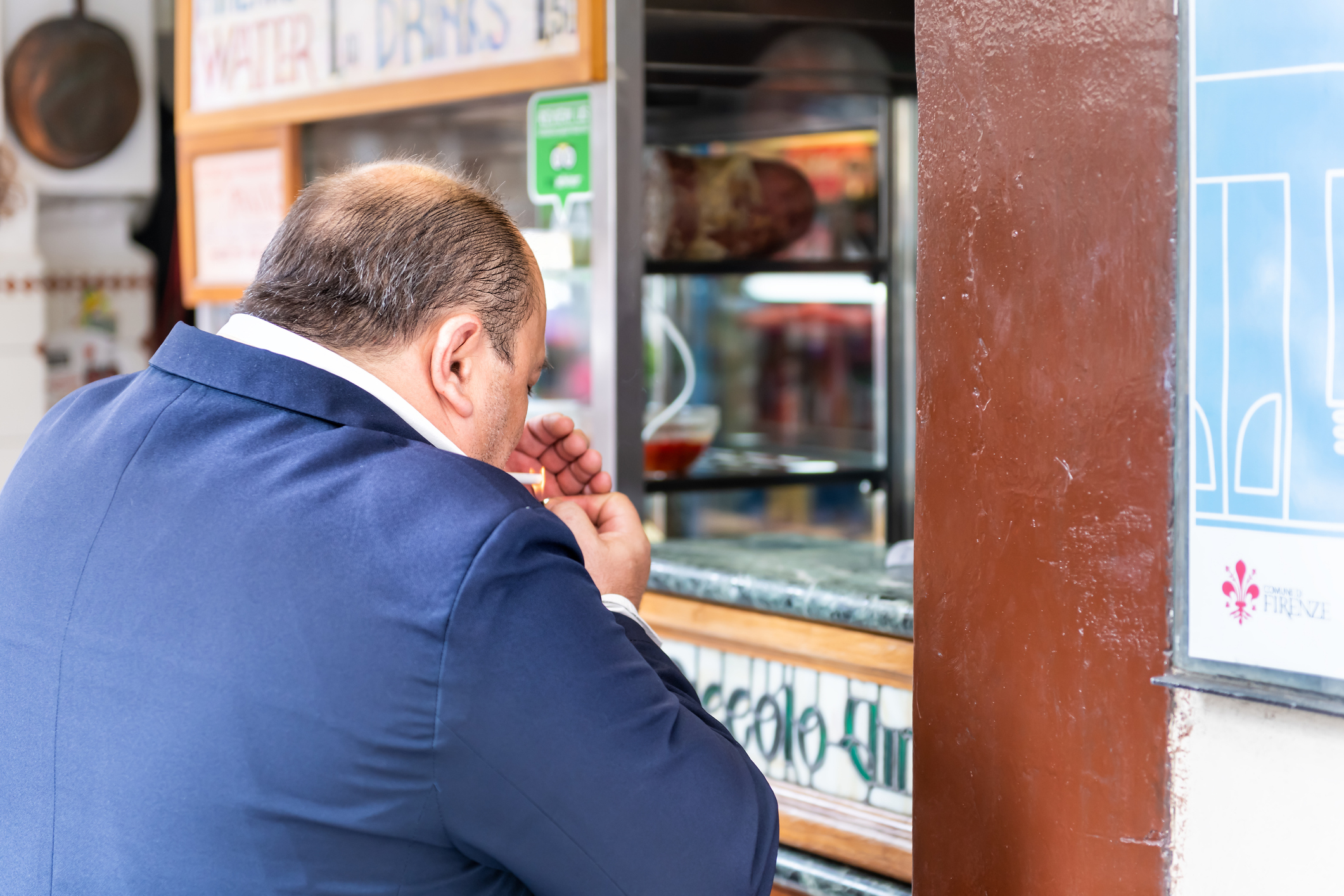Swedish finance Minister Elisabeth Svantesson has come out aggressively against Brussels’ new Tobacco Tax Directive, calling it “completely unacceptable”.
The European Commission reportedly wanted to present its proposal on July 16. It would be part of the Multi-annual Financial Framework (MFF), the European Union’s long-term budget plan.
It set the maximum amounts that the EU could spend in different policy areas over a period of at least five years, usually seven years.
According to leaks of the proposal, the EC wanted to introduce tax increases on tobacco and alternative products such as e-cigarettes, nicotine pouches, vapes and heated tobacco. Revenues of these taxes would be redirected to its own budget.
Tax Commissioner Wopke Hoekstra has been pushing for higher tobacco excise taxes and the EC was now considering a 139 per cent tax hike on cigarettes, Euractiv reported on July 8.
Alongside the predicted health benefits, the new taxes would reportedly bring in close to €5 billion in new revenue.
That would mark a significant shift in EU financing, effectively granting the EC a new form of “own resources” independent of direct national contributions.
Such a move could undermine member-state control over tax policy, some experts have warned, especially since taxation remained a core national competence and required unanimous approval in the European Council.
A leaked impact assessment in June showed that the price of a 10ml bottle of e-liquid would increase by at least €3,60 over four years and that nicotine pouches would be hit by a duty of 50 per cent of the current retail price.
Heated tobacco products would be taxed at a minimum 55 per cent of current prices.
According to the EC, its proposal aimed to harmonise tobacco taxation across member states and strengthen efforts to combat smoking, which it saw as a particularly harmful public health issue.
Countries already combating smoking most effectievly strongly opposed the plans.
“The proposal being circulated is completely unacceptable to the Swedish Government,” Svantesson said on X on July 8.
“It seems that the European Commission’s proposal would mean a very large tax increase on white snus and heated tobacco and, in addition, the Commission wants the tax revenue to go to the EU and not to Sweden.
“The government wants it to be up to each EU country to tax tobacco and nicotine based on their relative danger. And for us, it goes without saying that the tax revenue should benefit Sweden and not go to EU bureaucracy,” she added.
“I have previously spoken to the Commissioner responsible, Mr Hoekstra, about the government’s objections. When the European Commission makes its proposal, I will continue to fight for Swedish snus.”
Läckor tyder på att EU-kommissionen i nästa vecka kommer med förslag på nytt Tobaksskattedirektiv. Förslaget som cirkulerar är helt oacceptabelt för den svenska regeringen.
— Elisabeth Svantesson (@ElisabethSvan) July 8, 2025
A spokesperson of the EC declined to give a comment.
Over the past 15 years, smoking rates have dropped in Sweden from 15 per cent to 5.3 per cent, making it more or less smoke-free, according to international standards.
This was achieved by making alternative products widely available and used the relative amount of taxation and duties to illustrate the relative risk of certain products.
Most famous was snus, a tobacco pouch that is illegal in the EU but very popular in Sweden, which had an exemption on the product.
As a result, Sweden now had the lowest amount of tobacco-related diseases and premature deaths in Europe.
The EU, though, had a different view on how to deal with tobacco and wanted to introduce price hikes across the board, also targeting alternative products. It claimed they served as a gateway to smoking tobacco and also made people addicted and dependent, with a particular emphasis on underage users.
Sweden was not isolated in its resistance, with Italy, Greece, Romania and Bulgaria reportedly also opposed to the new Tobacco Tax Directive.
Greece, once among the top countries for smoking in Europe, cut smoking rates by 14 per cent from 2021 to 2024.
That followed its 2019 National Action Plan, which promoted harm reduction and allowed health claims for smoke-free products. In 2023, reduced-risk messages for heated tobacco were also approved.
Earlier this year, 16 ministers from 15 EU countries — including the Netherlands, France, Belgium, Germany and Spain — raised public health concerns and criticised the current tobacco legislation as outdated.
Since the directive was last updated in 2011, a wave of new nicotine products has entered the market.
In 2022, a proposal to revise the directive, expanding it to cover e-cigarettes and heated tobacco, was discussed as part of Europe’s Beating Cancer Plan but the EC has yet to publish it.
Tobacco is set to become a hot-button issue in the next legislature after the European Commission signaled it wants to pick up the fight against smoking and everything remotely related to it. https://t.co/iayPf2QXMv
— Brussels Signal (@brusselssignal) November 12, 2024
The tobacco industry and some experts have repeatedly warned that tax hikes could backfire by driving consumers toward the black market and cutting into national tax revenues.
In the EU’s own 2024 report on illicit trade, it was estimated that 8.5 per cent of cigarettes consumed in the bloc were smuggled, costing taxpayers €11 billion annually.
The EU’s budget was mainly funded through what it called “own resources.” These traditionally included a share of import duties, a slice of VAT and direct contributions from member states.
In recent years, the system has expanded to include new sources, such as a levy based on how much plastic packaging waste each country failed to recycle.
Next to the proposed hikes on tobacco products, Brussels reportedly also wanted to expand these resources via taxes on electronic waste and levies from the European Travel Information and Authorisation System (ETIAS).
COMMENT: The European Commission's plan to raise taxes on cigarettes and e-cigs is a bureaucratic overreach that will backfire. It will fuel crime, hammer the poor, and erode personal freedom, writes @BogdanosK. https://t.co/I0ZAuqysVV
— Brussels Signal (@brusselssignal) June 2, 2025





